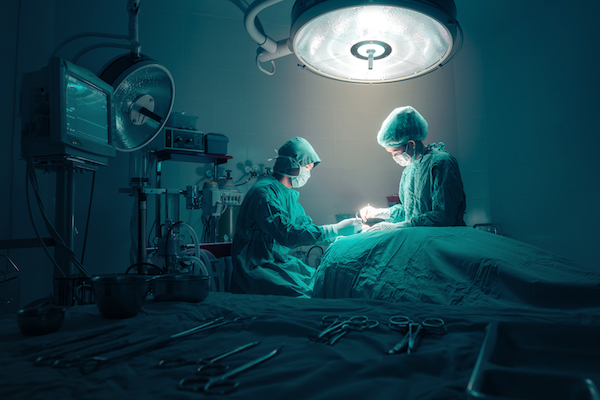SURGERY SAFETY GUIDE

General Patient Safety
- Do your own due diligence—don’t expect anyone else to do your research for you.
- Don’t shop for discounts and bargain prices for cosmetic procedures.
- Avoid marketing gimmicks.
- Trust your own instincts—if something doesn’t feel right, walk away.
- Just because it is non-surgical doesn’t been it is non-medical. You want maximum safety and the best outcome no matter what the treatment.
- Be honest with your surgeon.
- Follow all instructions – your outcome involves you being involved in your own care.
Doctor Safety
Only go to a Board Certified Plastic Surgeon. You want to be sure that your surgeon is “board certified”. Board certification involves additional testing and review of surgical results after recognized supervised approved formal training. Plastic Surgery is one of the 24 medical specialties recognized by the American Board of Specialties (ABMS).
Verify that your doctor is board certified. Unfortunately, any medical doctor can legally perform a cosmetic surgery procedure for which they have inadequate or no training. Anyone can call themselves a plastic surgeon or often use the term cosmetic surgeon. You do not want a family practitioner, for example, doing your breast augmentation or a pediatrician doing your liposuction. There more than 70,000 individuals in the U.S. who call themselves cosmetic surgeons and only 7,000 who are Board Certified Plastic Surgeons.
You can check any doctor’s medical board certification by going to the ABMS website at abms.org or by calling the organization’s number at 1-866-ASK-ABMS (275-2267).
Certification by a specialty board of the ABMS, means that the surgeon has completed undergraduate college, medical school, and an approved supervised surgery residency of at least five years including a minimum of two years of plastic surgery. Board certification in plastic surgery can then be obtained only after the candidate has been in plastic surgery practice for at least two years and has passed rigorous written and oral examinations administered by experienced plastic surgeons. The exams cover: anatomy, physiology, surgical technique, patient selection, patient safety, surgical judgment, ethics, how to avoid complications and if they develop, how to treat them. Dr. Singer was an invited examiner for the American Board of Plastic Surgery (ABPS).
Find out which board certified the doctor. Doctors in specialties other than plastic surgery can and do perform cosmetic procedures. Plastic Surgeons are the doctors who are the best qualified and most thoroughly trained to perform cosmetic and reconstructive plastic surgery procedures of the face, body and breasts. Because doctors trained in non-surgical specialties like dermatology, family practice, or internal medicine can say that they are board certified and can legally (under state medical board rules and regulations) perform surgical procedures, consumers must be aware of the differences in qualifications.
There are hundreds of self-designated medical boards in the U.S. that are not recognized by the ABMS. Many were created as marketing tools to confuse the public. There are no regulations that prevent doctors who are not plastic surgeons from taking a course lasting a weekend or even a few hours and then advertising themselves as “cosmetic surgeons.” Ensure that your doctor is board certified by the American Board of Plastic Surgery and ideally a member of the The Aesthetic Society.
Experience
- When you meet with surgeons, you need to know about their qualifications. Ask how many years they’ve been in practice.
- Ask how many times they have performed the procedure that you’re considering.
- Ask to see before-and-after photos of patients who have experienced the same procedure you will be getting.
- The pros and cons of any procedure need to be explained fully, the alternative options and all of your questions and concerns should be addressed during your consultation.
General Facility Safety
As with any surgery, the two most important factors in the success and safety of aesthetic plastic surgery are the qualifications of the surgeon you select and the quality of the surgical facility.
Ambulatory surgery facilities have increased in number dramatically over the past 50 years. Recognizing the need for safe, affordable and accessible care, plastic surgeons had the vision to create the Quad A in 1980. Unfortunately, the vast majority of office-based surgical facilities across the U.S. are not accredited nor routinely inspected.
If your doctor will be performing your procedure in a non-hospital facility, it should be accredited by one the accrediting organizations like the Quad A. You should feel comfortable about where your procedure will be performed. The facility should be organized, professional, and clean, with a friendly, caring, and attentive staff. Get the most recent accreditation records for the facility where your procedure will be performed to ensure it is up to date.
Operating rooms in a good office-based or free-standing operating facility should be up to the same standards you would expect to find in a hospital. Typically, office-based non-hospital operating rooms provide only out-patient surgical services and do not provide over-night care within the facility. They can, however, usually provide increased privacy and personal care.
Make sure your doctor has hospital privileges specifically for the procedures you are having performed. For a doctor to be granted “hospital privileges” a doctor has to formally apply to the hospital and pass the qualifications including a valid state medical license, proof of the extent of medical training, demonstration of ability in the procedures that they are applying to be privileged to perform.
Most cosmetic surgery procedures are performed in office-based or independent surgical facilities rather than in hospitals. Unfortunately, there are many individuals performing cosmetic procedures without having any hospital privileges in offices facilities that have neither accreditation nor any appropriate oversight. Quad A is a national accreditation organization that requires hospital privileges for surgeons as part of their criteria for approval of a facility. If you are unsure of a physician’s hospital status for any procedure you are considering, ask for a copy of his or her “hospital privileges” report.
- If the procedure is being performed in a non-hospital setting, find out what your doctor’s plan is in the event of a medical emergency.
- Learn about the after-care that is offered at the facility.
- Find out what type of anesthesia your procedure requires and who will be administering it.
- Ideally a board certified anesthesiologist should be administering any general or sedative anesthesia.
Safety with Prime Plastic Surgery
At thePrime Plastic Surgery we offer the full gamut of cosmetic non-surgical and surgical treatments as well as surgical procedures so we can individualize and choose the best option for your particular needs rather than trying to fit you into the limited option that is available in an office that is for example a “laser center” or a “liposuction center” or only offers non-surgical options because that is all they can offer.Prime Plastic Surgery pursued voluntary accreditation before it became a standard because we were and are interested in the best outcome and safety for our patients.Prime Plastic Surgery is accredited by Quad A at the highest level of accreditation. Our facility is inspected on a regular basis and we fulfill important criteria for safety, equipment, sterility, facility structure, staff, and physicians.
Our doctors are some of the most highly respected plastic surgeons internationally. They have received The Aesthetic Society reward for excellence and commitment of teaching. Their resumes include more than 300 formal scientific lectures, invited panel moderations, and recognized publications.
Our doctors have been on numerous The Aesthetic Society and ASPS Safety Task forces to help improve outcomes and safety. In fact, Dr. Singer along with Dr. Geoffrey Keyes literally wrote the book on plastic surgery safety in ambulatory facilities: Clinics in Plastic Surgery, “Outpatient Plastic Surgery” Guest Editors: Geoffrey R. Keyes, M.D. and Robert Singer, M.D., Issue July 2013, Vol. 40, No. 3.
Prime Plastic Surgery is dedicated to you, the patient. Our doctors will personally meet and treat you. He will oversee your follow up care rather than relegating it to other staff members.
The philosophy in our office is, if it is not good enough for a member of our family or staff, then it is not good enough for you, the patient.
Boards and Organizations to Look For
- American Board of Medical Specialties (ABMS): To check for board certification. Phone: 1-866-ASK-ABMS (275-2267).
- American Board of Plastic Surgery (ABPS): The only board recognized by ABMS for plastic surgery of the face, breast and body. Phone: (215) 587-9322, e-mail: [email protected].
- American Society of Plastic Surgeons (ASPS): All of the surgeons who are members of this organization are board-certified by the American Board of Plastic Surgery. Phone: 847-228-9900.
- The Aesthetic Society: Membership in this organization denotes board certification by the American Board of Plastic Surgery and a focus of the practice on aesthetic (cosmetic) surgery. After board certification, there is a smaller subgroup of ASPS members who focus their practice on cosmetic (aesthetic) surgery of the face, breasts and body that qualify for membership in The Aesthetic Society. Phone: 1.800.364.2147, E-mail: [email protected].
- Membership in either or both of these societies, ASPS and The Aesthetic Society, assures you that you’re choosing a surgeon who has years of surgical training, participates in on-going education, and meets the ethical and professional standards set by each organization. Member plastic surgeons have access to the full gamete or a wide range of potential treatments, surgical and non-surgical, and have the ability to utilize the appropriate procedures for that individual patient, not fit the patient into a limited number of procedures. Both organizations were the first to require that their members perform surgery requiring anesthesia only in accredited or licensed facilities.
- Quad A: Certifies ambulatory surgery facilities and provides practice guidelines for surgeons working in ambulatory surgical facilities. Quad A is the “gold standard” for accreditation of free standing and office-based surgical facilities. All individuals using the facility must be board certified by a member of the American Board of Medical Specialties (ABMS) and practice in their area of specialty training. They must have privileges to proceed with those procedures and have a transfer agreement with a nearby hospital. Phone: 888-545-5222.
- Beside the Quad A, the other national accrediting organizations to check facility accreditation are: The Joint Commission on Accreditation of Healthcare Organizations (JCAHO). Phone: 630-792-5800 and the Accreditation Association for Ambulatory Health Care (AAAHC). Phone: 847-853.6060.
- The Medical Board of California: To inquire about a California physician, consumers can call the Board to find out if the doctor’s license is current and renewed, and also whether there have been any administrative-related actions against the doctor Phone: 1-800-633-2322.
- Federation of State Medical Boards (FCVS): FCVS verifies medical education, postgraduate training, licensure examination history, board action history, and identity. Phone: 817-868-4043.
Questions to Ask My Plastic Surgeon
- How many procedures like mine have you performed?
- Can you show me before-and-after images?
- What are the risks associated with this treatment?
- What should I do before the procedure to ensure better results or a quicker recovery?
- What should I do after?
- What should I expect during the recovery period?
- What do you recommend I do to maintain my results?
- Is the doctor board certified by the American Board of Plastic Surgeons?
- Is the surgeon a member of the American Society of Aesthetic Plastic Surgeons?
- Is the surgeon a member of the California Society of Plastic Surgeons?
- Is the majority of the surgeon’s practice devoted to cosmetic surgery?
- What percentage of the doctor’s practice is cosmetic versus reconstructive plastic surgery?
- How long has the doctor been performing the procedures you are considering?
- Does the doctor have hospital privileges to perform the procedures you are considering?
- Is the doctor a Fellow of the American College of Surgeons?
- Is the doctor a medical school faculty member?
- Is the doctor a member of local, state and national medical societies?
- Has the doctor written books or authored journal articles on cosmetic surgery?
- Does the doctor teach other doctors his techniques of cosmetic surgery?
- Can you receive a copy of the doctor’s professional biography that summarizes his training, qualifications and credentials?
- Are typical “before and after” photos made available for your viewing?
- Does the office provide, at the consultation, an itemized “fee quotation sheet,” listing all proposed services and charges?
- Can you speak with a patient who has had surgery performed by the doctor?
- If the surgery is to be performed in the outpatient surgery center or an office surgery suite, is the facility state licensed, or accredited by Quad A?
- Who will administer the anesthetic- an anesthesiologist (physician specialist), or will it be a nurse, a nurse anesthetist, or the surgeon?
- Is the outpatient surgical facility located in a medical building?
- Is the surgery performed entirely by your surgeon? Or is a part-delegated surgeon-in-training or associate?
- Will the operating surgeon and the staff perform all of the postoperative care?
- Is the outpatient surgery facility immediately adjacent to a major hospital?
After Care
Having after care is one of the most important and beneficial decisions that can be made when proceeding with elective surgery. We highly recommend after care for procedures such as tummy tuck or mommy makeover. These services can also be used when flying in from out of town or looking for a private post-surgical care taker. The after care givers assist the patient with medication intake, positioning, cleaning drains, breathing, blood circulation, help patients ambulate, check blood pressure, manage patient temperatures.
The first 24 hours after surgery are the most crucial and this is why it is of great importance to have a care giver who knows what to look for and how to react to medical situations. Prime Plastic Surgery works with several nurses in all areas of San Diego, La Jolla and Temecula areas that we can refer patients to.


